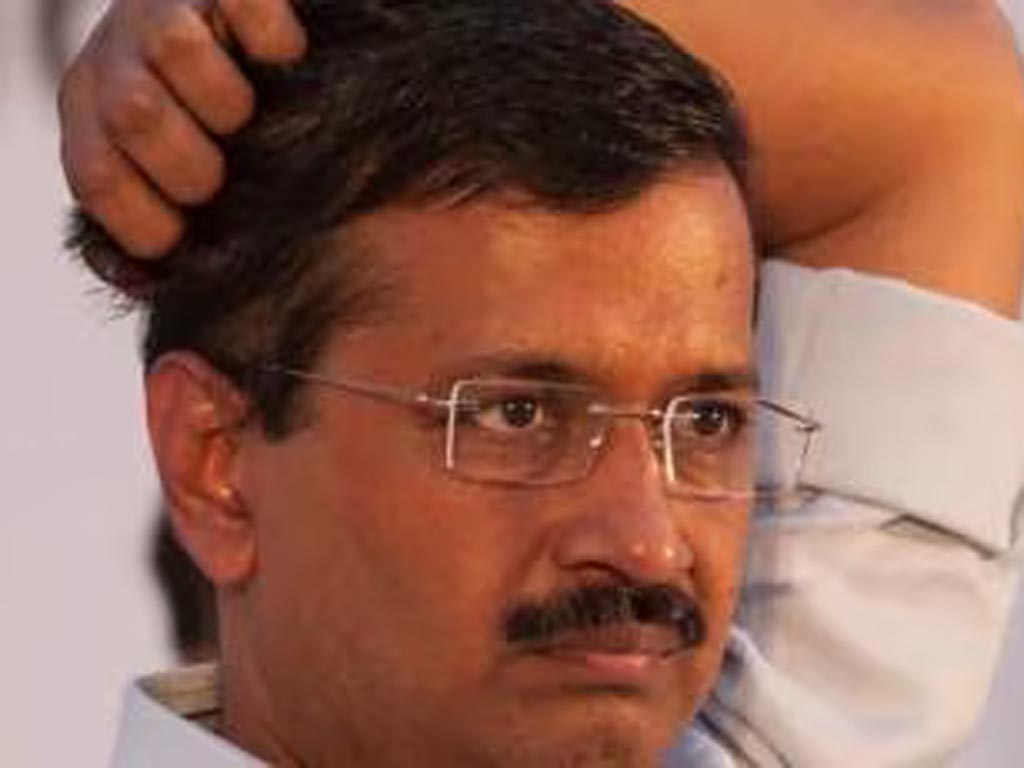Aadmi, who is also Delhi’s Prime Minister, was arrested on March 21 by the Enforcement Directorate (ED) due to his alleged links in a corruption case related to a central tax policy, and since then he has been in the custody of the central investigating agency.
As the ED did not request to extend Kejriwal’s custody, the Delhi court sent him to prison for the next 14 days, news reports explained.
Other senior AAP leaders, including Manish Sisodia, Satyendar Jain and Sanjay Singh, are in the same prison.
The case of the AAP leader has raised protests from the opposition All India Inclusive Alliance for National Development, to which Kejriwal belongs, at which they consider his detention an attack on their ranks in connection with the upcoming Lok Sabha elections, to be held from April 19 to June 1.
That statement was made on Sunday by several party leaders from the bloc on a demonstration at the Ramlila Maidan in New Delhi.
It further triggered India’s diplomatic tensions with Germany and the United States, as Berlin and Washington expressed alleged concerns over Kejriwal’s arrest and questioned the electoral and judicial processes in India.
In response, New Delhi reaffirmed that India’s legal processes are based on an independent judiciary committed to goals and timely results.
The Indian Government warned that it will not tolerate interference in the nation’s internal affairs.
The Foreign Ministry pointed out in one of its statements in such regard that in diplomacy, States are expected to be respectful of each other’s sovereignty and internal affairs, and that responsibility is even biggerr in the case of friendly democracies.
Otherwise, it could end up setting unhealthy precedents, the Ministry alerted.
jg/omr/mem/lrd










